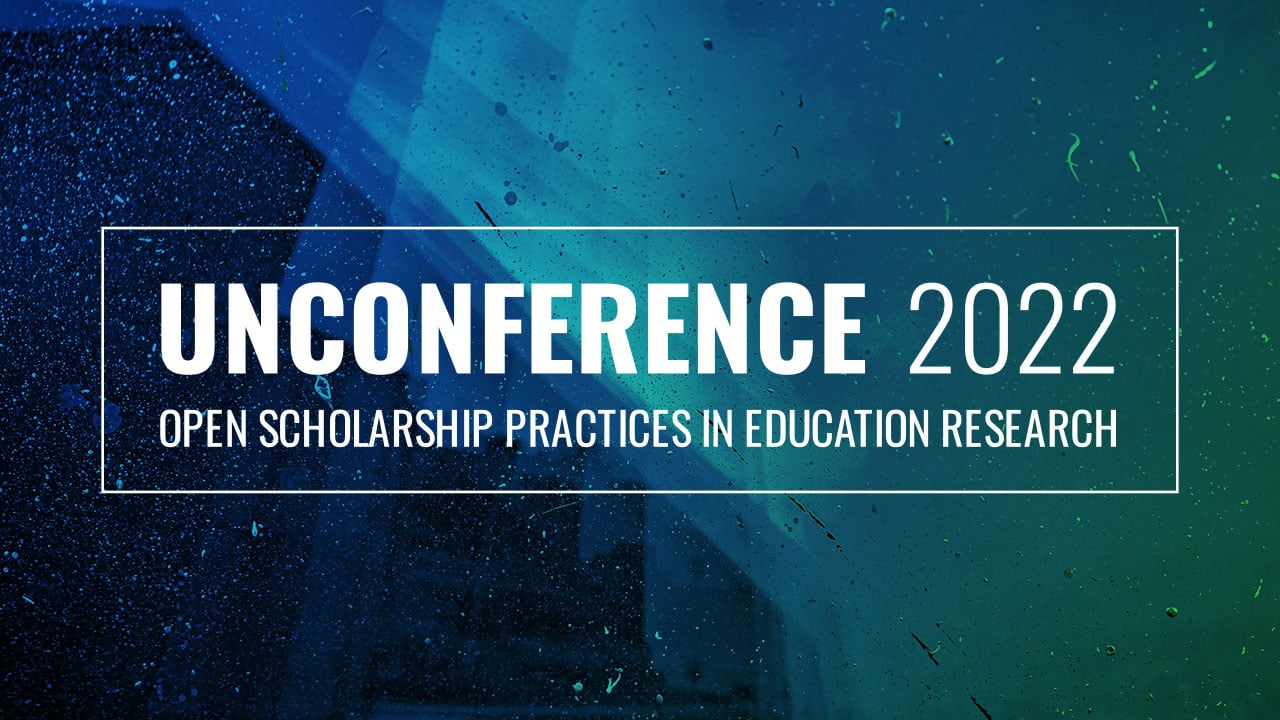
We’re proud of this year’s Unconference on Open Scholarship Practices for Education Research (UOSPER), which brought together more than 450 members of the education research community. To promote inclusivity, we transformed it into a fully virtual event, but it still featured participant-led sessions analyzing the current state of open scholarship practice and interactive hackathons to generate solutions for identified problems.
The 2022 UOSPER bridged the needs of newcomers to open science who were looking for educational content and researchers who have practiced open science behaviors for years and sought to expand their engagement with link-minded peers. Networking and community building were key components of the unconference as the informal format was designed to form connections among attendees and encourage participant interaction.
Attendee feedback supported the need for interaction saying, “The small sessions were nice, because they supported lots of interaction.” and “I liked the interaction. It’s hard to force this in an online conference, but I think it was worth it!”
Participants discussed the obstacles the education research community faces that make the adoption of open scholarship practices more difficult, including a perception gap about the culture. While 69% of education researchers actually favor data sharing – and only 8% oppose it – when those same survey respondents tried to guess whether their colleagues would support data sharing, they assumed only about 36% support it.
Participants also brainstormed strategies to promote the value of open science in their communities.
The featured sessions are now available online.

6218 Georgia Avenue NW, Suite #1, Unit 3189
Washington, DC 20011
Email: contact@cos.io

Unless otherwise noted, this site is licensed under a Creative Commons Attribution 4.0 International (CC BY 4.0) License.
Responsible stewards of your support
COS has earned top recognition from Charity Navigator and Candid (formerly GuideStar) for our financial transparency and accountability to our mission. COS and the OSF were also awarded SOC2 accreditation in 2023 after an independent assessment of our security and procedures by the American Institute of CPAs (AICPA).
We invite all of our sponsors, partners, and members of the community to learn more about how our organization operates, our impact, our financial performance, and our nonprofit status.